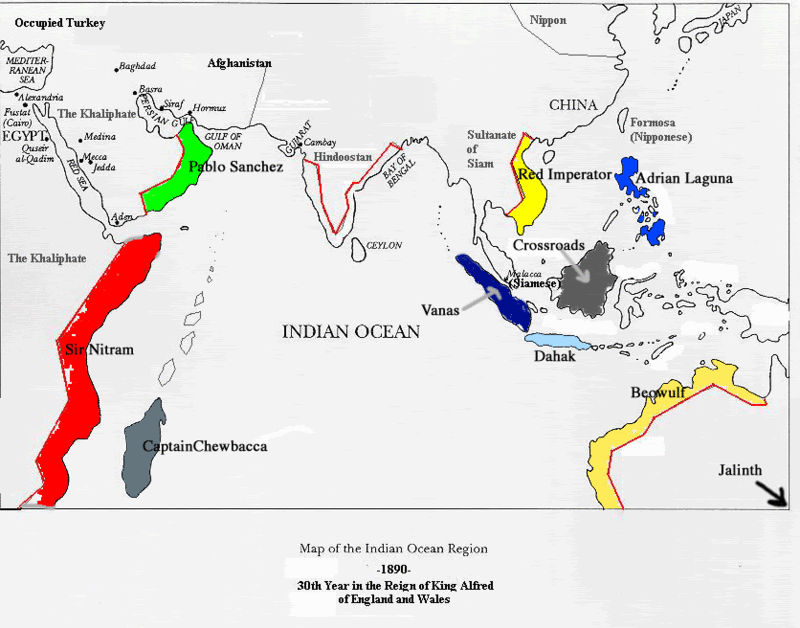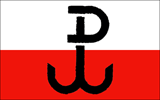Adrian Laguna wrote:Agent Fisher wrote:And I had my nation done before you.
I was doing research. The fruits of which you should see before I call it a night.
Here's what I've got so far. It covers everything until 1868 or '69.
Historical Background
In the years leading-up to the Great War, Spain suffered from much political turmoil. In 1830 King Fernando VII de España, finding himself with no male heir, issued a Pragmatic Sanction that would allow his eldest daughter to become reigning Queen upon his death. In 1833, Fernando died, and his wife Maria Cristina de Borbon-Dos Sicilias became regent on behalf of their infant daughter Isabel II.
The Pragmatic Sanction had robbed Carlos María Isidro de Borbón, Fernando's brother, of his title as Principe de Asturias. Capitalizing on resentment among conservatives against Ferninand's recent liberal reforms, he styled himself Carlos V and set off to war. During the seven-year conflict, the Carlists dominate large rural areas but fail to capture a single important city, port, or industrial area. Naturally, they lose.
In 1845, Carlos V abdicates in to his son Carlos Luis de Borbón, who takes the title of Carlos VI and iniciates the Second Carlist War when Isabel II does not marry him. It was more of a failure than the first, consisting mostly of guerrilla actions in the East of the country that accomplished nothing. Fighting lasted from 1846-'49.
In 1860, Carlos V is taken prisoner and abdicates to his younger brother Juan, who takes the title Juan III. What would have become the Third Carlist War is engulfed into the myriad of wars and conflicts known simply as the Great War. In terms of military gains, the Third Carlist War was considerably more successful than the other two. However, in terms of still having a pretender to throne after they lost, it was a spectacular failure. By the end of it, the Carlists are charred and rotting corpses, strewn across battlefields in Eastern Spain and Southwestern France.
The turmoil and chaos of the Great War caused many monarchs to lose their heads, both figuratively and literally. In an attempt to preserve the Spanish Burbon line and crown, should the worst happen, Isabel II sent her eldest daughter to the Philippines. In 1866 the young Isabel arrives and takes control of the colony in the name of her mother the Queen. Sent there to establish a place to retreat to in the event of Spain's fall, the Infanta takes nominal control of all Spanish oriental units and begins to consolidate control over the Philippines, effectively making them independent from Spain.
EDIT - I just noticed something, the Dai-Viet description doesn't add-up. How can it talk about events happening in 1890 and "two years later" when the game starts in 1890?






